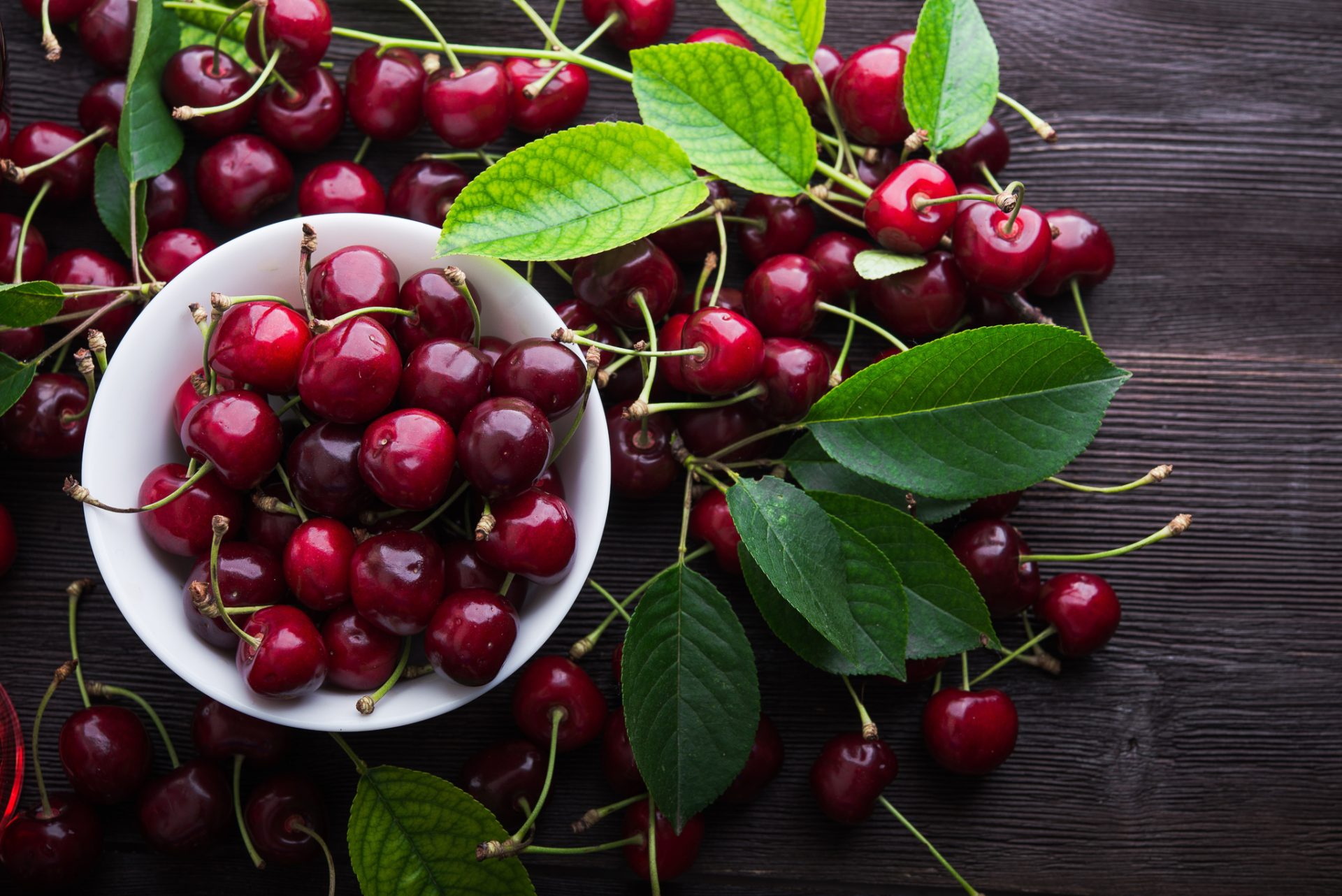Why Dr. Meredith Warner Recommends Tart Cherry Extract

What Are Tart Cherries?
Tart cherries are different from the sweet cherries you’re probably thinking of. The tart cherry tree is one of about 30 species of trees in the Prunus genus. The Prunus cerasus is of the rose family (Rosaceae). The sour cherry, or tart cherry, is a small tree that rarely grows higher than about 26 feet. The fruit tastes acidic in nature, and the seeds smell like almonds.
This tree has a long history of human use; it is one of the first trees cultivated for its fruits by people. Many believe the origin of this plant to be near the region of Turkey. Others describe the original location to be the Carpathian Basin.
The benefits of the tart cherry have been understood and used in times of Romans, Chinese ancient societies and the Greeks. Today, there is a resurgence of interest in this amazing fruit and its wellness benefits.
Where Tart Cherries Are Grown
The Kutahya province of Turkey has many types of tart cherries. Historically, this has been an area of great production. In Hungary, tart cherry trees are commonly found in backyards.
Michigan State University (Dr. Amy Iezzoni) recently developed a new cultivar with the country of Hungary (the Balaton).
Today, most tart cherries are exported from Serbia, Hungary and Poland. The USA had the third largest amount of tart cherry exports. In the USA tart cherries are at risk of damage from pests, disease and bad weather due to genetic uniformity and geographic concentration.
In fact, there is mainly a single cultivar grown in the Central and Northern states. This is the ‘Montmorency’ cultivar. This cultivar is named for the French family from whom it came.
The Health Benefits Of Tart Cherries
The health benefits can be found in the many phytochemicals of this dark berry. The first health benefit to be described in a journal was for the treatment of gout. Additional work validated this claim.
Tart cherries drop the levels of uric acid crystals and thus the symptoms of gout are definitely better if one takes tart cherry extract or eats a lot of tart cherries.
Tart cherries were found to be equivalent to indomethicin in a rat model of arthritis. The FDA sent cease and desist letters to many small family-owned orchards in 2005 however, despite these studies, and told them they must stop making claims about the health benefits of tart cherries.
Tart Cherry’s Proven Health Benefits
Many more studies have been completed since then. There is no doubt that tart cherries hold massive amounts of polyphenols and anthocyanins that are beneficial to human health. Much work has been done on performance and muscle recovery as well.
Studies in runners have shown less pain, fewer inflammatory markers and better recovery. It has also been proven to reduce oxidative damage to muscle and other tissues. There is even documentation that Roman soldiers were given tart cherry to treat pain after battle.
In addition, the melatonin content of tart cherries and tart cherry extract is beneficial. Melatonin is a natural sleep aid. Therefore, tart cherry will help the brain to detoxify through antioxidant activities and assist in sleep which also benefits the brain at night.
Tart cherry pulp has even been added to meat and it reduces rancidity and also heterocyclic amine (HCA) formation during cooking; this is due to the highly antioxidant nature of tart cherries.
Tart Cherry: A Natural Antioxidant Source
The anthocyanins in tart cherry are natural blockers of COX-1 and COX-2. These are enzymes in the pro-inflammatory pathway that starts with omega-6 fatty acids.
Synthetic NSAIDs that mimic this natural activity of the cherry anthocyanins are Celebrex, Vioxx and Mobic.
Anthocyanin 1 and 2 are abundant in tart cherry and are not found in blueberries, cranberries or elderberries. These anthocyanins reduce COX 1 & 2 activity by at least 50%.
Additionally, these amazing phytochemicals also increase insulin production by the pancreas. To date, there are no reports of any serious side effects, toxicity or disease aggravation by tart cherries – making it a great, natural option for antioxidant supplementation with little to not side effects.
This is why I decided to develop a Tart Cherry Extract supplement! One of the best ways to increase your amount of antioxidants is through supplementing your diet. Tart cherries can be difficult to find, and tart cherry juice can sometimes taste bitter – and often has added sugars. My Tart Cherry Extract is available on The Healing Sole website:





